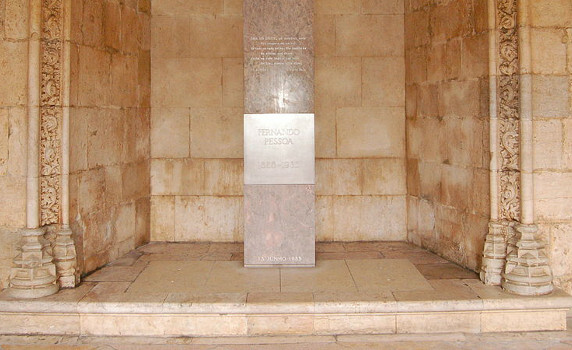The fall of Stalin's government brought about a series of transformations that opened doors for the end of the political centralization promoted by Stalinism. Under Nikita Khrushchev, many of the corrupt and criminal practices of the Stalinist regime were denounced. After his government, Leonid Brzhnev stood up to the USSR from 1964 to 1982. After this period, Andropov and Constantin Tchernenko took over the Russian government.
During this period, the problems generated by the bureaucratization of the Soviet government worsened the country's social, political and economic situation. The country's closure to non-socialist nations forced the Soviet Union into a process of economic backwardness that left Soviet industry behind. Furthermore, the expenses generated by the Cold War arms race prevented the Soviet Union from being able to stand up to the capitalist powers.
The population that had access to higher education ended up realizing that the socialist project was beginning to collapse. The promises of prosperity and equality, advertised by state media, contrasted with the privileges of a class that lived at the expense of government-controlled wealth. This privileged group, called the nomenklatura, defended the maintenance of the one-party system and the centralization of political powers.
In the year 1985, statesman Mikhail Gorbatchev took control of the Soviet Communist Party with innovative ideas. Among his major government goals, Gorbatchev undertook two measures: perestroika (restructuring) and glasnost (transparency). The first aimed to modernize the Russian economy by adopting measures that reduced the state's participation in the economy. Glasnost was intended to ease the government's meddling power in civil matters.
Internationally, the Soviet Union sought to signal the end of the Cold War. Russian troops occupying Afghanistan withdrew from the country and new economic agreements were signed with the United States. Soon afterward, the Soviet authorities asked for help to other capitalist nations to provide financial support for the Soviet nation to overcome its internal difficulties.
Mikhail Gorbachev's renovating action created a political split within the Soviet Union. Wings linked to the state and military bureaucracy strongly opposed the political and economic opening of the Soviet state. On the other hand, a group of liberals led by Boris Yeltsin defended the deepening of the changes with the promotion of the market economy and the privatization of the Russian industrial sector. In August 1991, a group of military personnel attempted a political coup by besieging the city of Moscow with tanks.
The failure of the military coup opened doors for the liberals to take power. On August 29, 1991, the Soviet Communist Party was outlawed. Fearing further political unrest in Russia, the nations that made up the Soviet Union began to demand political autonomy from their territories. Latvia, Estonia and Lithuania were the first countries to declare their independence. At the end of that same year, the Soviet Union only counted on the integration of Kazakhstan and Turkmenistan.
In 1992, the government was handed over to Boris Yeltsin. Even implementing several modernizing measures, the Yeltsin government was marked by inflationary crises that put the future of Russia in question. In 1998, the Russian economic crisis reached alarming heights. Unable to govern the government, sick and suffering from alcoholism, Boris Yeltsin resigned from the government. Only from 1999, with the appreciation of oil under Vladimir Putin, Russia showed signs of recovery.
By Rainer Sousa
Graduated in History


